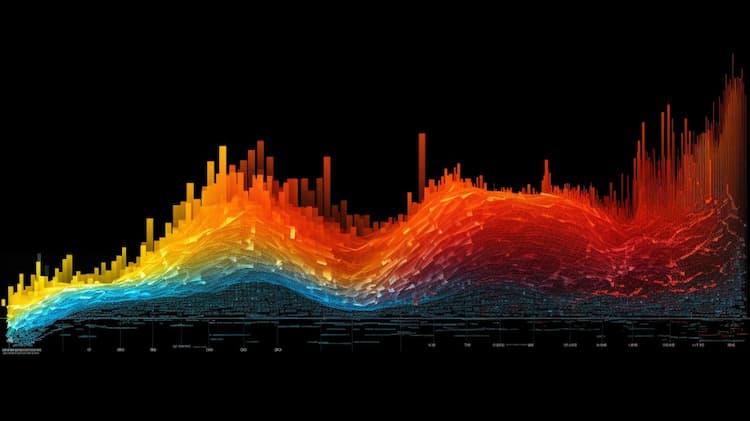DOG ISSUER
The ProShares Short Dow 30 ETF (DOG) is managed by ProShare Advisors and is designed to provide investors with daily inverse exposure to the performance of the Dow Jones Industrial Average (DJI). Established to help investors profit from a decline in the DJI, DOG employs a mathematical approach to determine its investment positions. The fund primarily invests in derivatives, including swap agreements and futures contracts, and holds short-term cash instruments like U.S. Treasury Bills and repurchase agreements. DOG aims to deliver daily returns that are inverse (-1x) to the daily returns of the DJI, making it a valuable tool for investors looking to hedge against or profit from potential market downturns.
DOG DIVIDEND
The ProShares Short Dow 30 ETF (DOG) focuses on providing inverse daily returns to the Dow Jones Industrial Average (DJIA). While the primary objective of this ETF is not dividend-oriented, it's important to note that DOG's dividend distribution is influenced by the dividend policies and performances of the constituent companies within the DJIA. Dividends from DOG are typically distributed on a quarterly basis, reflecting the underlying index's dividend payments. As DOG aims to deliver inverse returns, investors should primarily consider this ETF for hedging or short-term strategies, rather than income generation through dividends.
DOG TRACKING
The ProShares Short Dow30 ETF, also known as DOG, tracks the performance of the Dow Jones Industrial Average (DJI) inversely. DOG is designed to provide daily returns that are -1x the daily returns of the DJI. It accomplishes this objective by utilizing financial instruments like derivatives, including swap agreements and futures contracts, to achieve the inverse exposure needed. Additionally, DOG may invest in money market instruments, such as U.S. Treasury Bills and repurchase agreements, to manage its cash balances effectively. ProShare Advisors employs a mathematical approach to maintain a portfolio that aligns with the ETF's daily investment objective, making DOG a tool for investors seeking inverse exposure to the Dow Jones Industrial Average over a single trading day.
DOG CORRELATION
The correlation aspect of the ProShares Short Dow 30 ETF (DOG) is known for its inverse relationship with the Dow Jones Industrial Average (DJIA). As an inverse ETF, DOG aims to provide daily returns that are -1x the daily returns of the DJIA. Therefore, when the DJIA experiences gains, DOG typically moves in the opposite direction, making it a popular tool for investors looking to hedge against downturns in the stock market. DOG's correlation with the DJIA allows investors to profit from market declines or use it as a risk management tool in their portfolios.
DOG SECTOR
The ProShares Short Dow30 ETF (DOG) is primarily focused on the financial instruments that replicate inverse daily returns of the Dow Jones Industrial Average (DJIA). The DJIA consists of 30 large-cap U.S. stocks, excluding utility and transportation companies, selected based on their excellent reputation, sustained growth, and investor interest. The ETF achieves its objective through derivatives, such as swap agreements and futures contracts, as well as money market instruments, like U.S. Treasury Bills and repurchase agreements. DOG's portfolio aims to provide inverse exposure to the DJIA's single-day returns, making it a suitable choice for investors looking to hedge against market declines. As of May 31, 2022, the DJIA was heavily focused on the information technology, health care, and financials industry groups.
DOG EXPOSURE
The exposure characteristic of the ProShares Short Dow30 ETF (DOG) is designed to provide inverse daily returns that are opposite to the performance of the Dow Jones Industrial Average (DJIA). As an inverse ETF, DOG aims to benefit from the decline in the DJIA''s value on a daily basis, making it a useful tool for investors seeking to hedge against potential market downturns or speculate on short-term market movements. DOG''s exposure is primarily focused on large-cap U.S. stocks, excluding utility and transportation companies, which are part of the DJIA.



